 Thomas and Beulah (Carnegie Mellon Poetry Series) by Rita Dove
Thomas and Beulah (Carnegie Mellon Poetry Series) by Rita Dove Published by Carnegie Mellon University Press on January 1, 1986
Genres: Poetry
Pages: 77
Format: Paperback
Buy on Amazon, Buy on Bookshop
This post contains affiliate links you can use to purchase the book. If you buy the book using that link, I will receive a small commission from the sale.
Goodreads
A collection of poetry by Rita Dove.
Thomas and Beulah is Rita Dove’s Pulitzer-Prize-winning poetry collection, imagining the lives of her grandparents as they navigate the Great Migration, the Depression, World War II, and the Civil Rights Movement. I recently watched Rita Dove on an episode of Finding Your Roots, a genealogy program hosted by Dr. Henry Louis Gates, Jr. Dr. Gates mentioned the collection on the show—which only makes sense on a show about family history. I was digging around in my office and found two copies of the collection on my bookshelf. I can only imagine I inherited these books from a teacher who has since moved on. I don’t believe I purchased the books. I decided it would be a good time to read them—it’s almost as if the universe was speaking to me.
Telling the stories of her grandparents had to have been a fascinating and creative exercise for Dove. I had to read the collection twice to ensure I understood what I was reading. I found this very old video on YouTube to be helpful as well.
Thomas’s poems are haunted by the accidental death of his friend, Lem. Beulah’s poems are haunted by unrealized dreams. The second time I read it, I found myself tearing up as Thomas experienced his stroke. Reading this book made me think about all the unfulfilled dreams and regrets in the world. Dove’s collection elevates the lives of two ordinary people and, in so doing, reminds us that all of us, no matter how ordinary, live lives worthy of poetry. And for that, I’m counting it as my emotional rollercoaster read for the Monthly Motif Challenge.
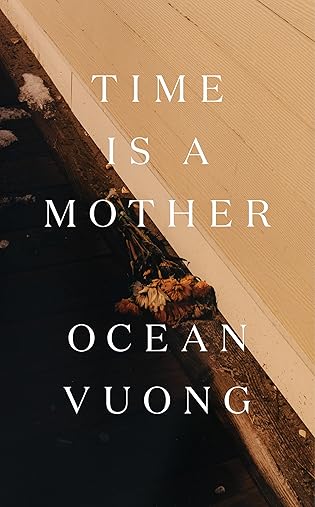 Time Is a Mother by
Time Is a Mother by 
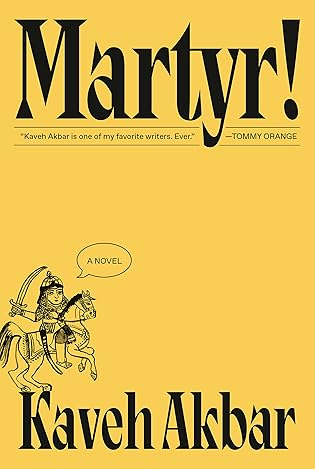 Martyr! by
Martyr! by 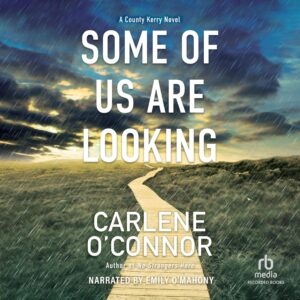 Some of Us Are Looking: County Kerry, Book 2 by
Some of Us Are Looking: County Kerry, Book 2 by 
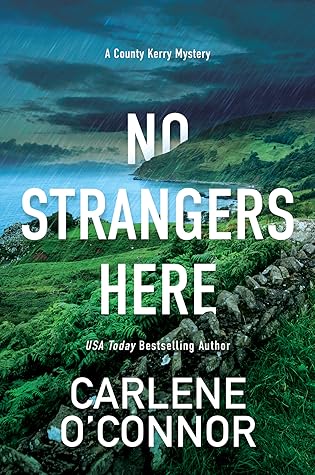 No Strangers Here by
No Strangers Here by 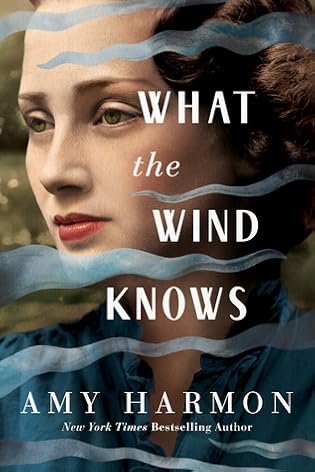 What the Wind Knows by
What the Wind Knows by  Quilting the Black-Eyed Pea: Poems and Not Quite Poems by
Quilting the Black-Eyed Pea: Poems and Not Quite Poems by 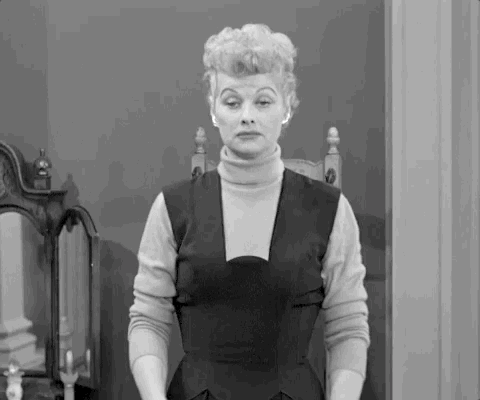
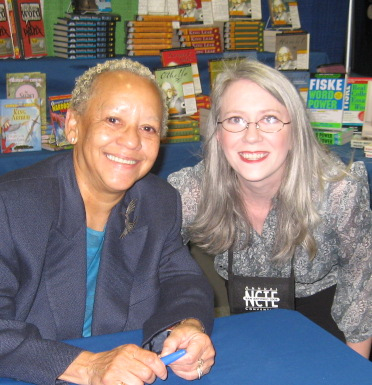
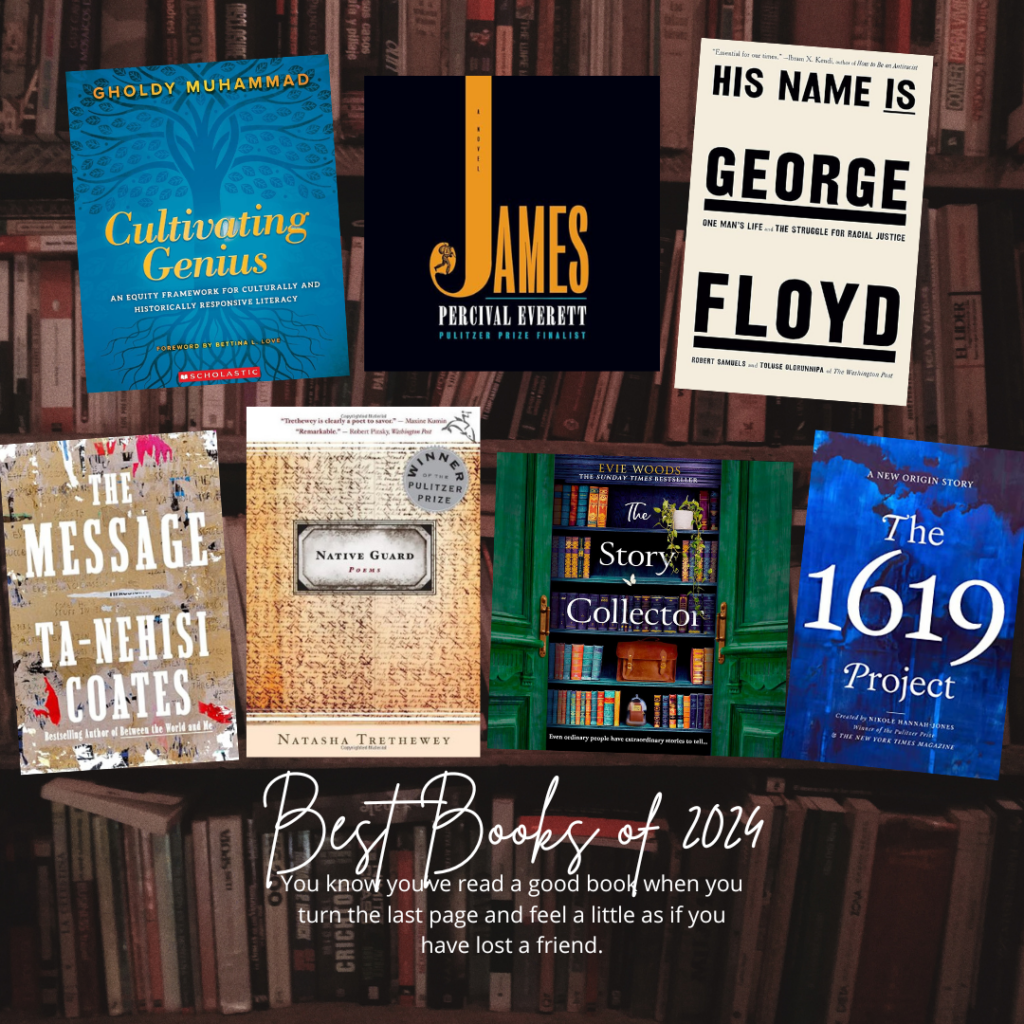
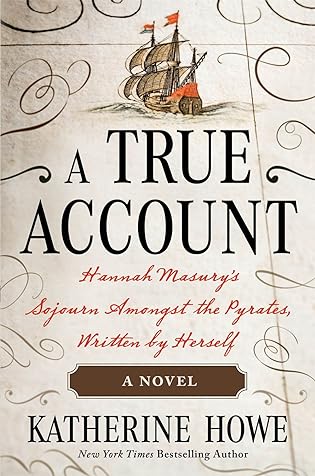 A True Account: Hannah Masury’s Sojourn Amongst the Pyrates, Written by Herself by
A True Account: Hannah Masury’s Sojourn Amongst the Pyrates, Written by Herself by 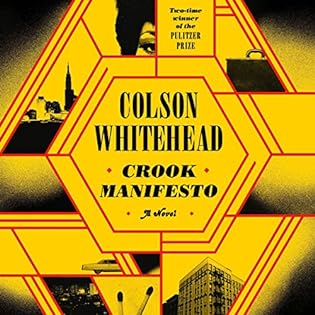 Crook Manifesto by
Crook Manifesto by 